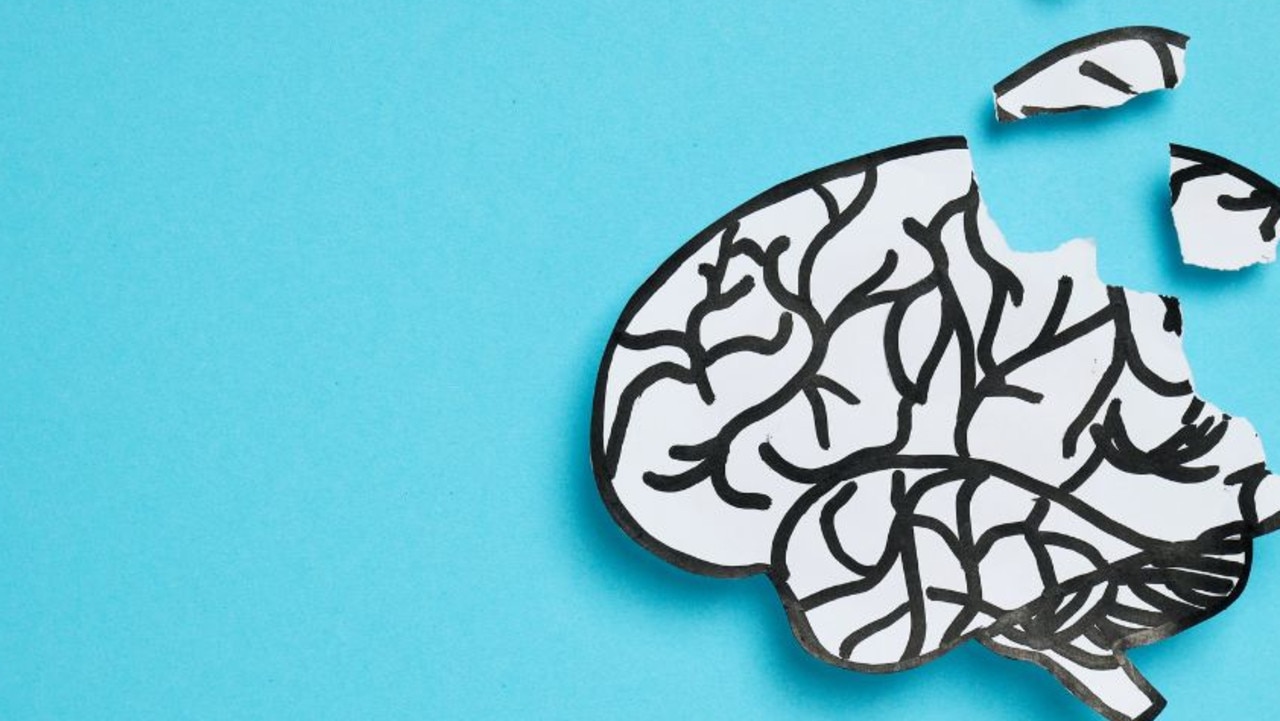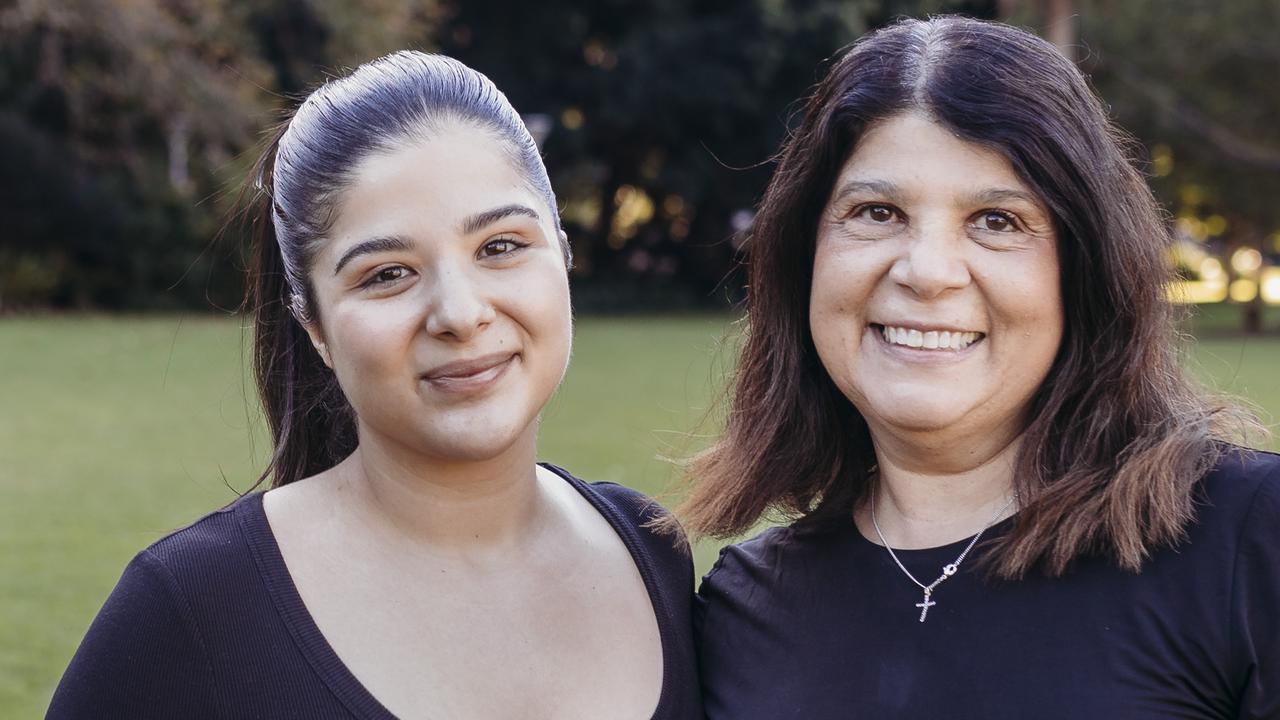Natalie Ive: How I discovered I had dementia in my 40s
Natalie Ive was boiling eggs before everything suddenly stopped one summer day. Doctors initially put the mother’s symptoms down to anxiety. She never imagined dementia in her 40s.

Dementia
Don't miss out on the headlines from Dementia. Followed categories will be added to My News.
It was a normal summer day in 2018.
My daughters were at the movies, and I was home catching up on chores.
I was 48 at the time.
I started boiling eggs for lunch, and then everything stopped.
Suddenly, I no longer knew where I was.
I could see the front door, but didn’t know how to open it.
The eggs were boiling, but I had no idea they were on the stove.
My phone sat on the bench, but I didn’t know how to use it.
My daughters had tried calling to say they were coming home, but I didn’t answer.
They called family members to check on me because they were concerned.
Fortunately, the door was unlocked, so they were able to enter.
When the family arrived, I couldn’t speak or recognise them.
They called an ambulance, which came immediately.
The paramedics suspected that I had a stroke based on their initial observations.
In hindsight, the signs had begun months earlier.
One night, while writing a report for work, I couldn’t do it. I asked my daughters, “What word do I use here?” I could see the concern in their eyes and their confusion about why I would be asking them.
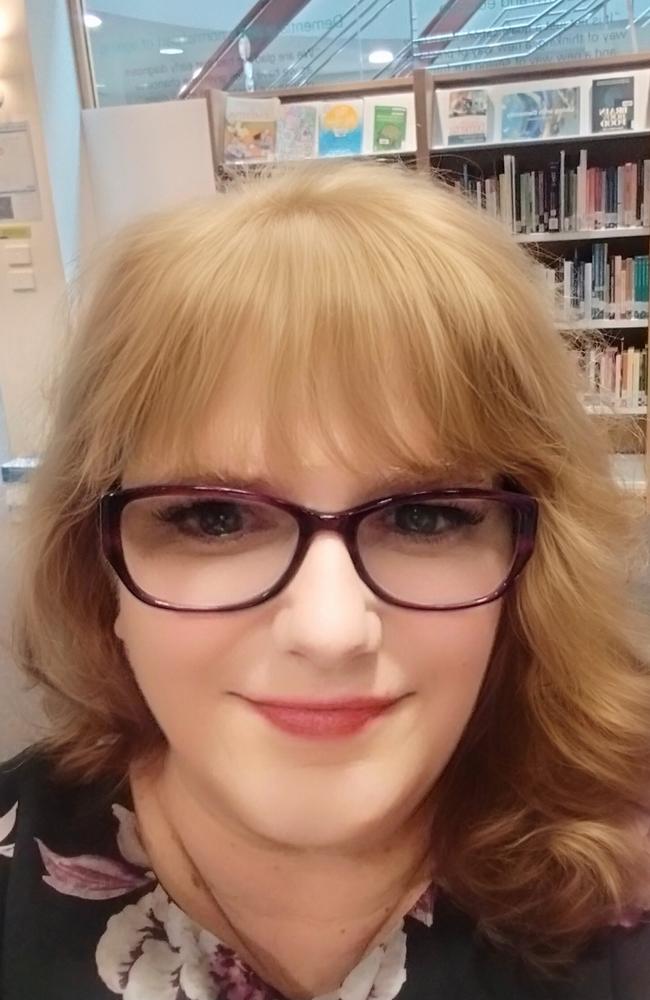
After all, I had always helped them with their school assignments.
I had spent decades as a university academic, writing and editing; this wasn’t like me.
After I was rushed to the hospital, I felt alone in my journey.
I thought the doctors would take care of me and provide help, but even if they didn’t believe me at the time, some doctors needed a course in empathy and effective communication.
I spent days undergoing tests, and the doctors had no clear answers.
Instead, they attributed my symptoms to anxiety and suggested I start taking epilepsy medication upon discharge.
My GP was shocked when she learned of this.
She didn’t believe I had epilepsy and was displeased with how I had been treated at the hospital.
With nowhere else to turn, I reached out to my trusted GP again and asked to see a speech pathologist due to my continuing decline in language.
She agreed and wrote a referral.
That’s when I met Kerry, and everything changed.
As an experienced speech pathologist, she had worked with people with Primary Progressive Aphasia (PPA), a rare form of younger-onset dementia.
She recognised my symptoms immediately, but needed to run extensive tests to confirm her suspicion.
Since meeting Kerry, I have also worked with two other speech therapists, and most recently, I’ve started working with Rasangi Weerasekera, who is extraordinary.
I was formally diagnosed in 2021, and while it wasn’t a complete shock, I had never imagined experiencing dementia in my 40s.
I was a professional and a parent.
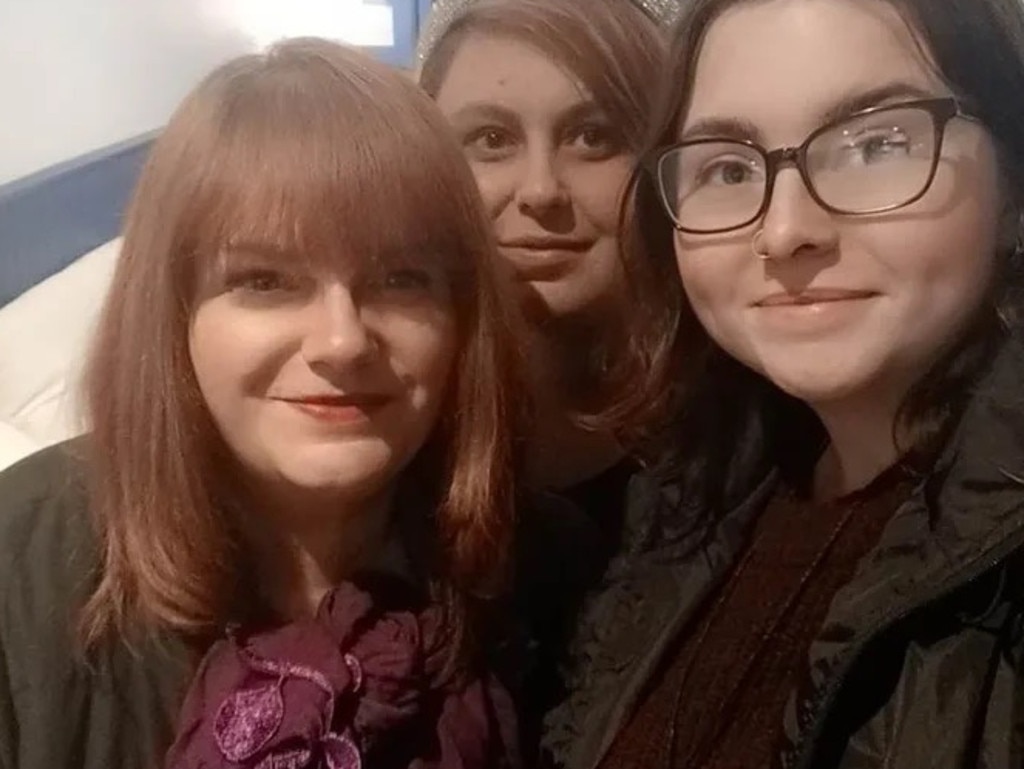
But now I understand that it can happen to anyone; dementia does not discriminate.
Because of my challenges and frustrations with some people not understanding my condition, I met with Professor Jade Cartwright at the University of Tasmania to discuss the need for a PPA strategy and a strategy to raise awareness for support services. Services and supports that too many people with PPA are missing out on.
Furthermore, a PPA guide was created with me and leading clinicians and speech pathologists in the field. I am currently part of a team as one of the chief investigators on research projects.
I also worked with Dr. Marianne Coleman on dementia-friendly eye care for people with dementia at the University of Melbourne.
Soon, I will begin another research project with Marianne, focusing on eye care in residential aged care.
I constantly work on brain plasticity to maintain my cognitive function by learning new things and forging different brain pathways.
I also exercise at the gym three times a week and follow a Mediterranean diet.
As a researcher, I know how vital this is.
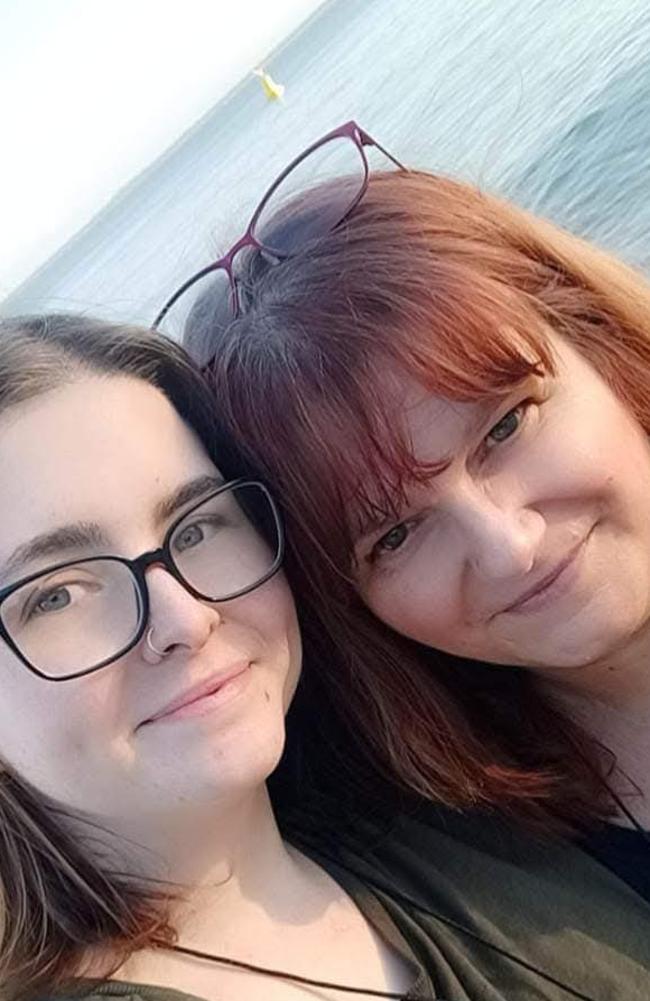
That’s why I joined StepUp for Dementia Research: to participate in studies that help shape better care and treatment for those living with dementia here at home.
Soon, I will be part of Australia’s first national Living with Dementia Survey, led by the University of Canberra for the Australian Institute of Health and Welfare.
Step-up for Dementia Research aims to recruit 2000 people with dementia and 2000 carers for this important study.
With more than 430,000 Australians living with dementia, it’s surprising – and saddening – that this kind of research hasn’t been done before.
People like me are often overlooked, yet we have much to contribute: knowledge, experience, and insight. I’ll use my voice in this survey to help shape the future of dementia care in Australia.
If you’re living with dementia like me, I hope you’ll consider joining StepUp for Dementia Research and participating in the survey as well.
Natalie Ive is a Melbourne academic, StepUp for Research Public Involvement Panel member, Board director for Australian Aphasia Association, Member of Dementia Australia Advisory Committee and mum who lives with younger-onset dementia, Primary Progressive Aphasia.
Originally published as Natalie Ive: How I discovered I had dementia in my 40s




